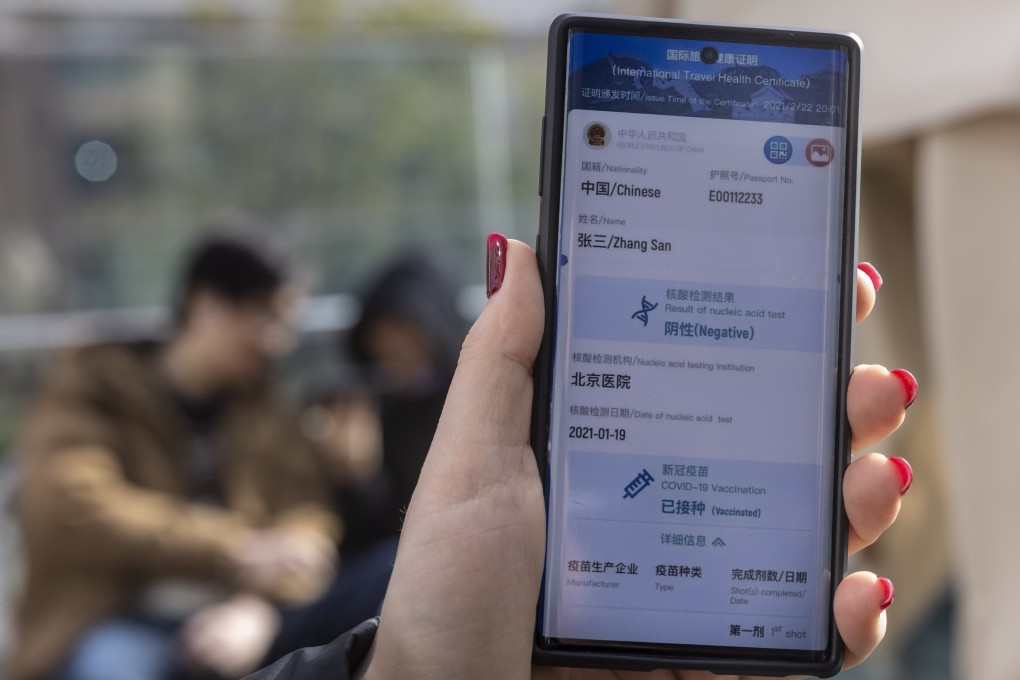Destinations known | Vaccine passports ‘an enormous can of worms’ that will widen societal divides
- Allowing only those who have the jab to travel will create a tiered society of the vaccinated and the unvaccinated
- China extends a warmer welcome to those who have Chinese-made vaccinations

It’s also “an enormous can of worms”, according to Danny Altmann, professor of immunology at Britain’s Imperial College London, who argues that the use of such documents could “create a tiered society of vaccinated, and unvaccinated” in a recent interview with Al Jazeera. In a world where millions are stateless and therefore denied access to health care, education and employment, additional documentation – particularly digital documentation – that proves inoculation or immunity against the coronavirus could widen societal divides.
Additionally, as professor Ben Cowling of the University of Hong Kong’s School of Public Health writes on Hong Kong-based news site Citizen News, “Falsification and forgery of vaccination passports could also become an issue.”
Then there is the complex issue of establishing global standards for such certificates. “One key element vital for the restart of tourism is consistency and harmonisation of rules and protocols regarding international travel,” Zurab Pololikashvili, secretary general of the United Nations World Tourism Organization, told The New York Times. Needless to say, it all gets rather political rather quickly.
Still, that hasn’t stopped several countries from rolling out schemes as they try to restart stalled economies and tourism industries. China, for example, has launched a digital health certificate for its citizens that works with social media platform WeChat and includes details of whether a person has been vaccinated as well as test results for Covid-19 and antibodies, all neatly tied up in a QR code.
“China stands ready to discuss with other countries the establishment of mutual recognition mechanisms for health code information on the basis of accommodating each other’s concerns,” said Foreign Ministry spokesman Zhao Lijian at a press conference on March 8. “This will facilitate the issuance of visas, thus making cross-border travel much easier and contributing to the healthy, safe and orderly people-to-people exchanges.”

